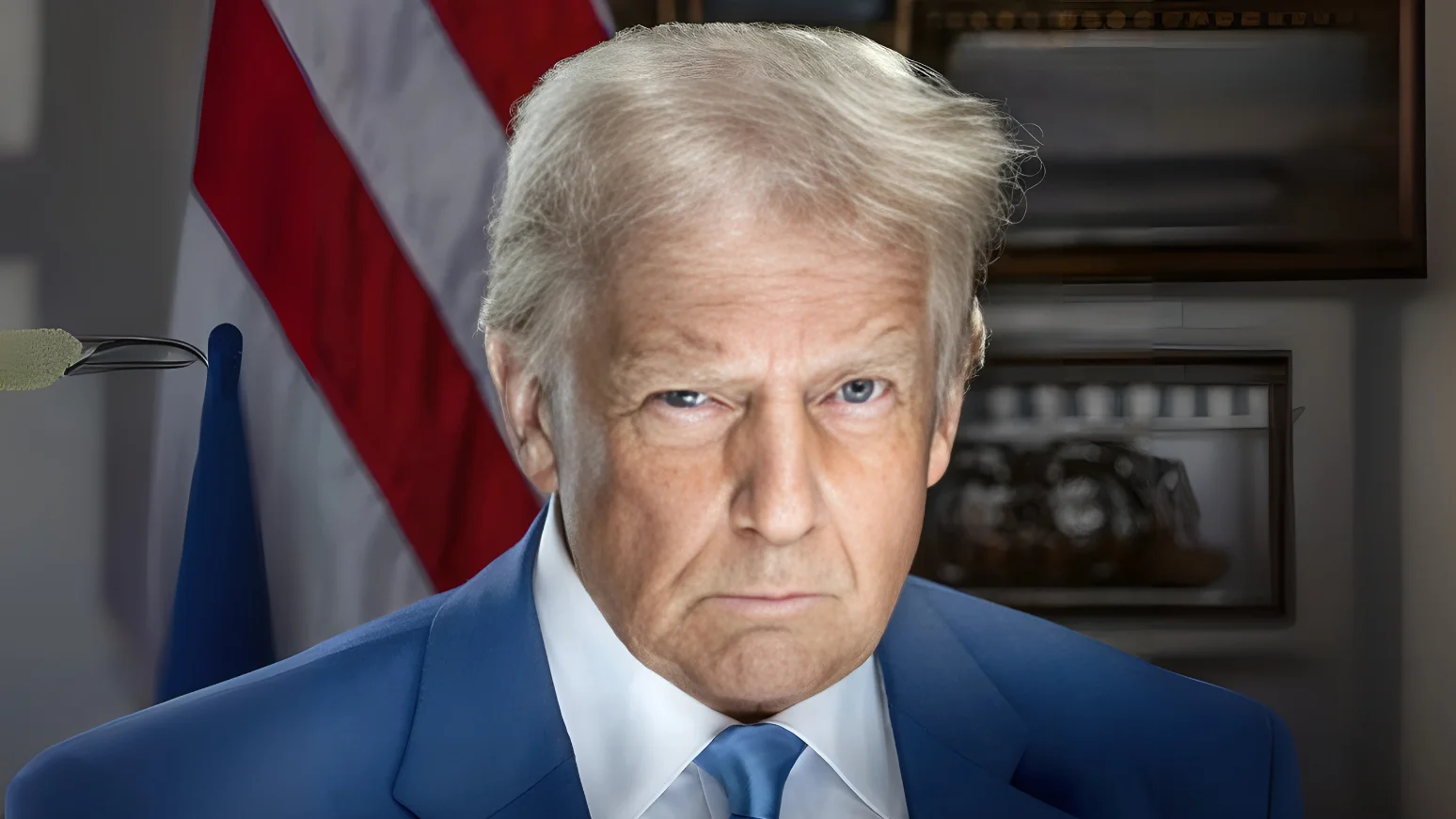President Donald J. Trump has issued an executive order modifying the scope of reciprocal tariffs and establishing procedures for implementing trade and security agreements. The order is based on authorities granted by the Constitution, the International Emergency Economic Powers Act, the National Emergencies Act, section 232 of the Trade Expansion Act of 1962, section 604 of the Trade Act of 1974, and section 301 of title 3, United States Code.
The background section references Executive Order 14257 from April 2, 2025, which declared a national emergency due to large and persistent U.S. goods trade deficits. The order imposed certain ad valorem duties deemed necessary to address threats to national security and the economy arising from these deficits. It also established a list of goods exempted from these duties.
Officials were directed in previous executive orders to monitor conditions related to this emergency and recommend further actions as needed. President Trump stated that after considering new information and recommendations from officials, it was determined necessary to update Annex II to Executive Order 14257. He said these modifications are required "to deal with the national emergency declared in Executive Order 14257."
The order notes that some trading partners have signaled willingness to make economic and national security commitments aligned with U.S. interests. In particular, it highlights a recent framework agreement between the United States and the European Union called the “Framework on an Agreement on Reciprocal, Fair, and Balanced Trade.” According to President Trump: "In the joint statement announcing the Framework Agreement, the United States committed to reduce the reciprocal tariff imposed under Executive Order 14257, as amended, on certain products of the European Union to zero percent and to reduce tariffs imposed under section 232 for automobiles and automobile parts originating from the European Union if the European Union takes certain steps." He added: "In my judgment, it is necessary and appropriate to implement the tariff modifications described in the Framework Agreement."
The order allows for modifications required by current or future trade agreements with foreign partners if such changes are considered necessary for addressing threats identified in prior proclamations regarding imports of aluminum (Proclamation 9704), steel (Proclamation 9705), automobiles (Proclamation 9888), or copper (Proclamation 10962).
While generally refraining from narrowing tariffs before final agreements are reached with trading partners, President Trump indicated flexibility depending on factors such as "the scope and economic value of a trading partner’s commitments...the national interests of the United States...and...the need to reduce or eliminate threats to national security." A list titled “Potential Tariff Adjustments for Aligned Partners” includes products not sufficiently produced domestically as well as specific agricultural goods, aircraft parts, and non-patented pharmaceutical articles.
Annex I attached to this order details amendments effective three days after its signing for relevant provisions within subchapter III of chapter 99 of the Harmonized Tariff Schedule.
Procedures outlined require that upon conclusion of any framework or final agreement referenced in Section 1:
- The Secretary of Commerce and U.S. Trade Representative will determine if action is needed,
- They will ensure actions align with U.S. interests,
- Monitoring will continue regarding trade deficits, reciprocity issues in bilateral relationships, domestic manufacturing strength, defense industrial base health, wage suppression policies abroad affecting imports/exports,
- Recommendations for further action may be made as warranted.
Implementation authority is delegated broadly across relevant departments including Commerce, Homeland Security, Customs & Border Protection (CBP), International Trade Commission leadership; all agencies must act within their legal authority.
Refunds for collected duties may be processed by CBP when implementation requires them according to standard procedures.
The executive order clarifies it does not affect existing statutory authorities nor create enforceable rights against federal entities.
Publication costs are assigned to the Department of Commerce.
Signed,
DONALD J. TRUMP
THE WHITE HOUSE,
September 5, 2025





